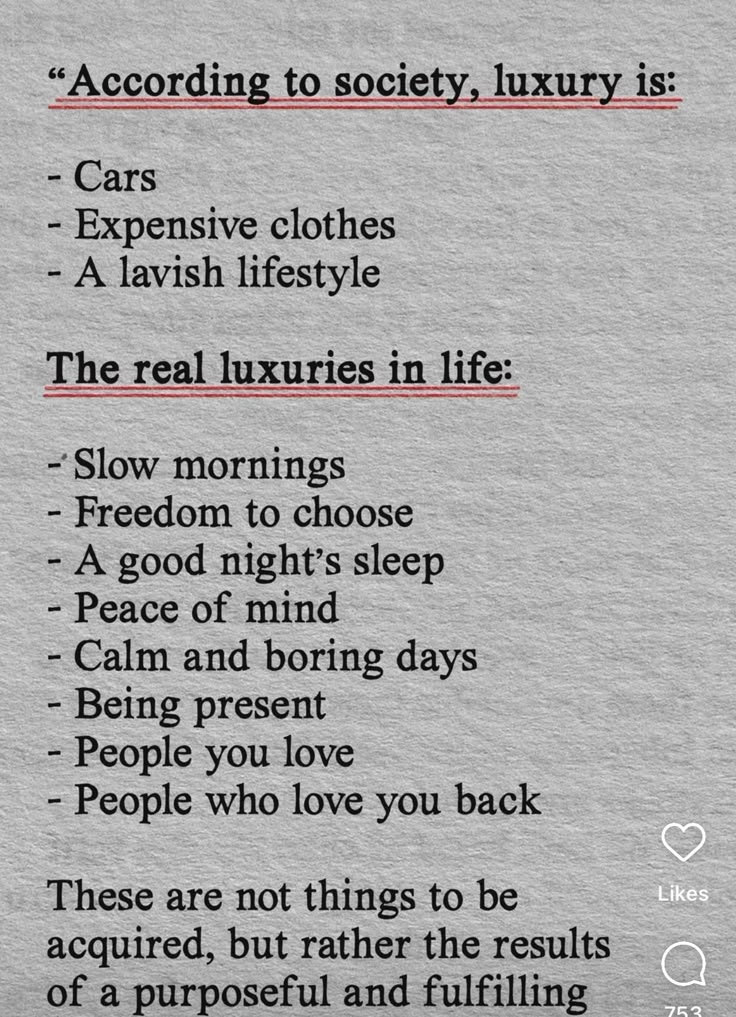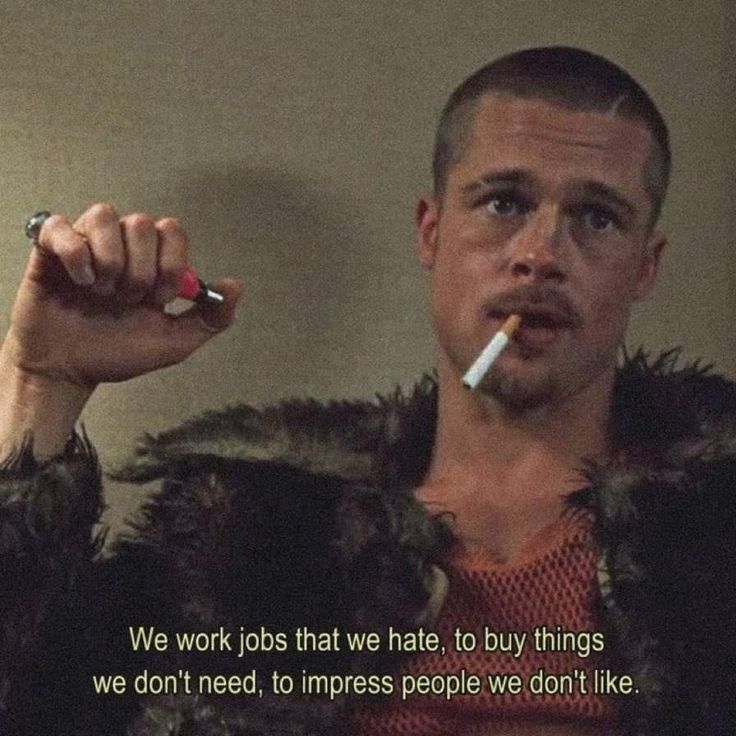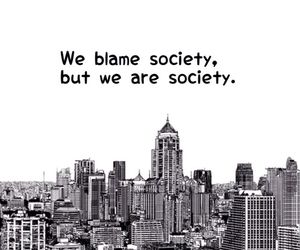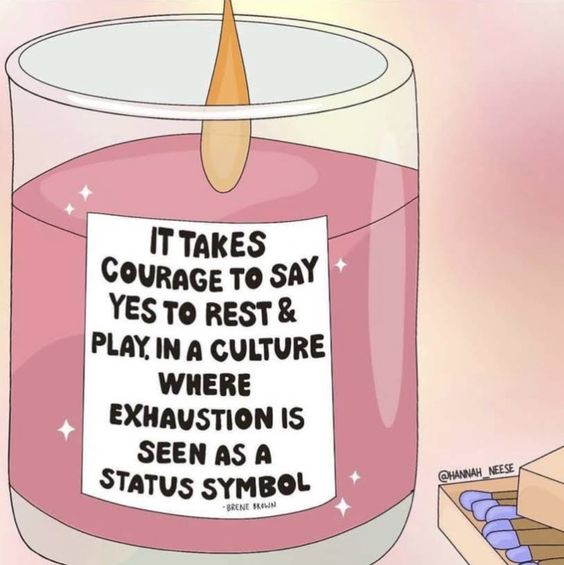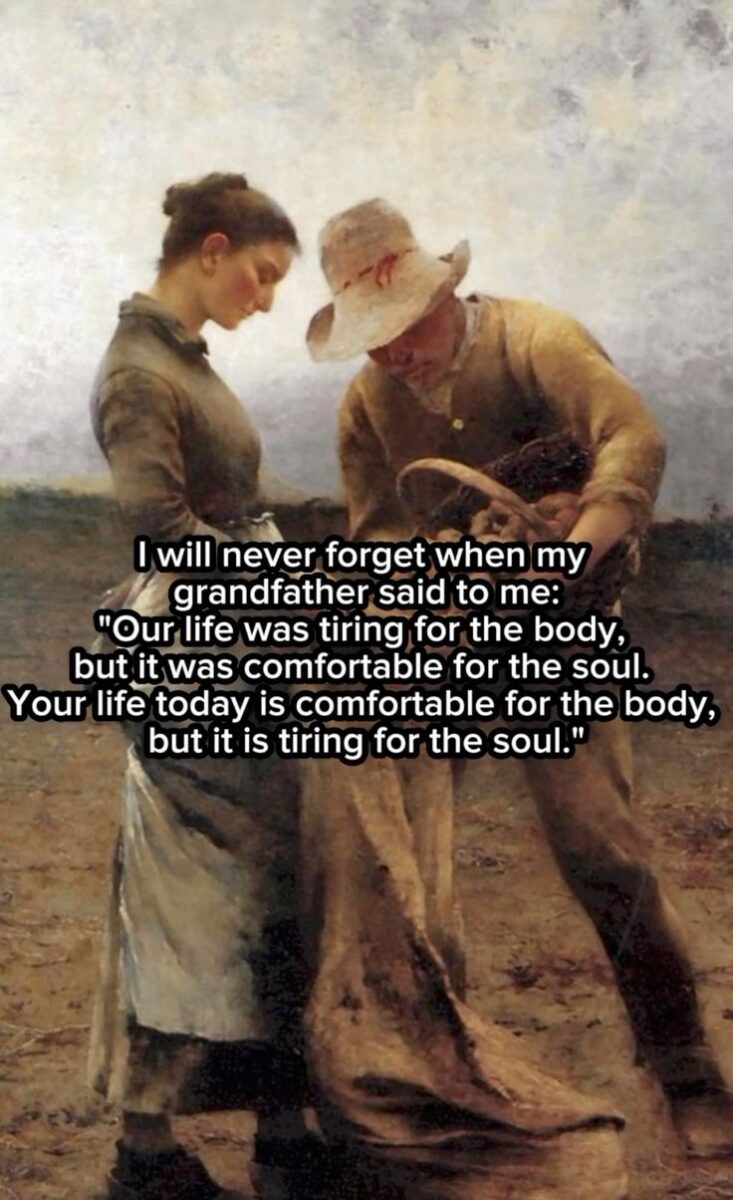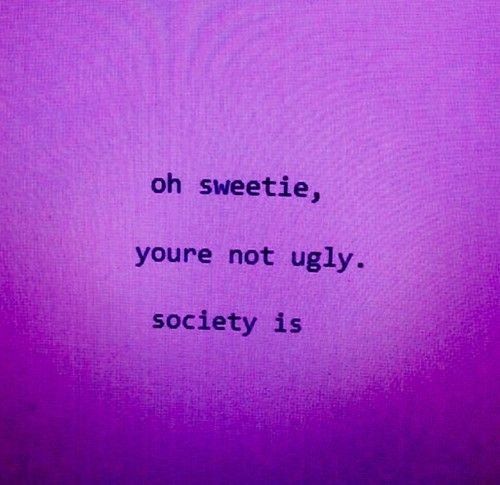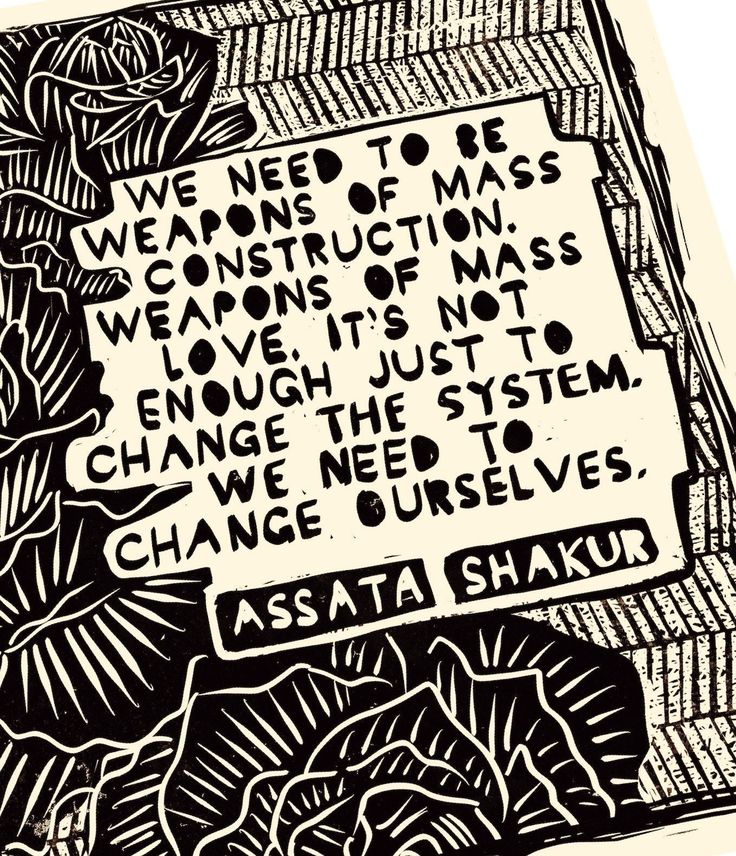Heavy: An American Memoir [Book]
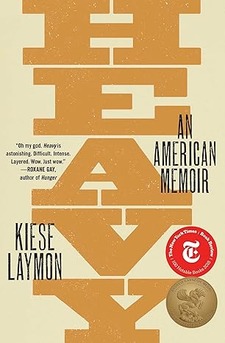
Book Overview: In Heavy, Laymon writes eloquently and honestly about growing up a hard-headed black son to a complicated and brilliant black mother in Jackson, Mississippi. From his early experiences of sexual violence, to his suspension from college, to time in New York as a college professor, Laymon charts his complex relationship with his mother, grandmother, anorexia, obesity, sex, writing, and ultimately gambling. Heavy is a “gorgeous, gutting…generous” (The New York Times) memoir that combines personal stories with piercing intellect to reflect both on the strife of American society and on Laymon’s experiences with abuse. By attempting to name secrets and lies he and his mother spent a lifetime avoiding, he asks us to confront the terrifying possibility that few in this nation actually know how to responsibly love, and even fewer want to live under the weight of actually becoming free.
“Society is not like a machine that is created at some point in time and then maintained with a minimum of effort; a society is being continuously re-created, for good or ill, by its members. This will strike some as a burdensome responsibility, but it will summon others to greatness.”
John W. Gardner, Self-Renewal (Page 127)
“Violence, sexism, and general nastiness are biological since they represent one subset of a possible range of behaviors. But peacefulness, equality and kindness are just as biological—and we may see their influence increase if we can create social structures that permit them to flourish.”
Stephen Jay Gould, via Graceful (Page 14)
“No society is likely to renew itself unless its dominant orientation is to the future. This is not to say that a society can ignore its past. A people without historians would be as crippled as an individual with amnesia. They would not know who they were. In helping a society to achieve self-knowledge, the historian serves the cause of renewal. But in the renewing society the historian consults the past in the service of the present and the future.”
John W. Gardner, Self-Renewal (Page 105)
“A good many of the most valuable people in any society will never burn with zeal for anything except the integrity and health and well-being of their own families—and if they achieve those goals, we need ask little more of them. There are other valuable members of a society who will never generate conviction about anything beyond the productive output of their hands or minds—and a sensible society will be grateful for their contributions. Nor will it be too quick to define some callings as noble and some as ordinary. One may not quite accept Oliver Wendell Holmes’ dictum—’Every calling is great when greatly pursued’—but the grain of truth is there.”
John W. Gardner, Self-Renewal (Page 104)
“Nothing is more vital to the renewal of an organization (or society) than the system by which able people are nurtured and moved into positions where they can make their contribution. In an organization this implies effective recruitment and a concern for the growth of the individual that extends from the earliest training stages through the later phases of executive development. For a society it implies the correction of social and economic conditions that blight and smother talent in childhood; a deeply rooted tradition—going far beyond formal schooling—of the full development of individual potentialities; and the existence of social mobility such that talent from any segment of the population may move freely into significant roles in the society.”
John W. Gardner, Self-Renewal (Page 76)
“The ever-renewing organization (or society) is not one which is convinced that it enjoys eternal youth. It knows that it is forever growing old and must do something about it. It knows that it is always producing deadwood and must, for that reason, attend to its seedbeds. The seedlings are new ideas, new ways of doing things, new approaches. If all innovations must pass before one central decision point, they have just one chance to survive and a slim one at that. In an organization with many points of initiative and decision, an innovation stands a better chance of survival; it may be rejected by nine out of ten decision makers and accepted by the tenth. if it then proves its worth, the nine may adopt it later.”
John W. Gardner, Self-Renewal (Page 68)
“The relation of education to the level of motivation in the society is more direct than most people recognize. The goals the young person sets for himself are very heavily affected by the framework of expectations with which adults surround him. The educational system provides the young person with a sense of what society expects of him in the way of performance. If it is lax in its demands, then he will believe that such are the expectations of his society. If much is expected of him, the chances are that he will expect much of himself. This is why it is important that a society create an atmosphere that encourages effort, striving and vigorous performance.”
John W. Gardner, Self-Renewal (Page 20)
“The renewal of societies and organizations can go forward only if someone cares. Apathy and lowered motivation are the most widely noted characteristics of a civilization in decline. Apathetic men and women accomplish nothing. Those who believe in nothing change nothing for the better. They renew nothing and heal no one, least of all themselves.”
John W. Gardner, Self-Renewal (Page xxi)
Self-Renewal [Book]

Book Overview: This is a book about the importance of renewal for both societies and individuals – and the interdependence between the two to accomplish it. Societal renewal (think government, education, race relations, international affairs), hinges on a creative society, which itself hinges on the capability of individuals to move from apathy to self-renewal. What sounds simple is complicated by entropy, the slowing pace that invariably occurs in societies, organizations, and individuals as they age. Gardner writes, “[V]itality diminishes, flexibility gives way to rigidity, creativity fades and there is a loss of capacity to meet challenges from unexpected directions.” Shocks to the system (think wars, disasters, pandemics, loss of a job) often unlock “new resources of vitality.” How to continually initiate renewal apart from these external prompts is the secret and subject of this book.
“We can gain a lot of clarity if we insert the right words into daily conversation. ‘That’s a good college,’ is more accurately stated as, ‘that’s a famous college.’ Or perhaps, ‘That person is beautiful,’ might be better as, ‘that person is conventionally beautiful.’ So many choices and measures seem obvious. But the obvious part might come from the fact that they are simply conventional and famous, not obvious or useful.”
Seth Godin
“We are each one of us responsible for every war because of the aggressiveness of our own lives, because of our nationalism, our selfishness, our gods, our prejudices, our ideals, all of which divide us. And only when we realise, not intellectually but actually, as actually as we would recognise that we are hungry or in pain, that you and I are responsible for all this existing chaos, for all the misery throughout the entire world because we have contributed to it in our daily lives and are part of this monstrous society with its wars, divisions, its ugliness, brutality and greed—only then will we act.”
J. Krishnamurti, Freedom From The Known (Page 14)
“As a therapist, I do not consider myself a ‘Shrink.’ I wish to help expand consciousness, not to diminish it. I am not interested in getting people to ‘adjust’ to our rather unsatisfactory culture. At the same time, I am not a ‘Radical Therapist’ preaching revolution and social change. Instead, I hope to help the pilgrims who seek my guidance to see that all rules are mere conventions, games that one can play or not. It is only necessary to recognize that they are games, to do what you wish, and to face the consequences of your behavior.”
Sheldon B. Kopp, If You Meet Buddha On The Road, Kill Him! (Page 117)
